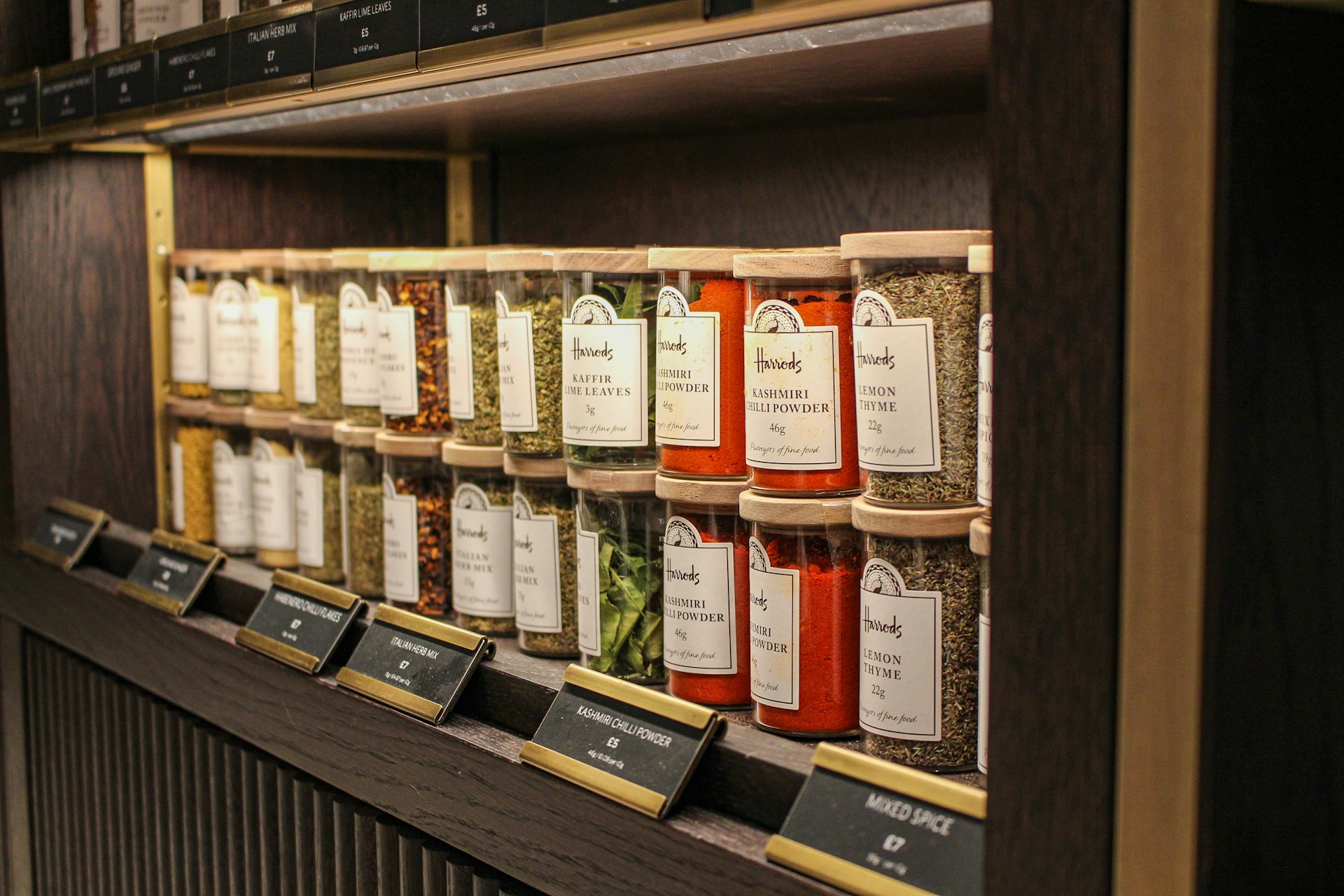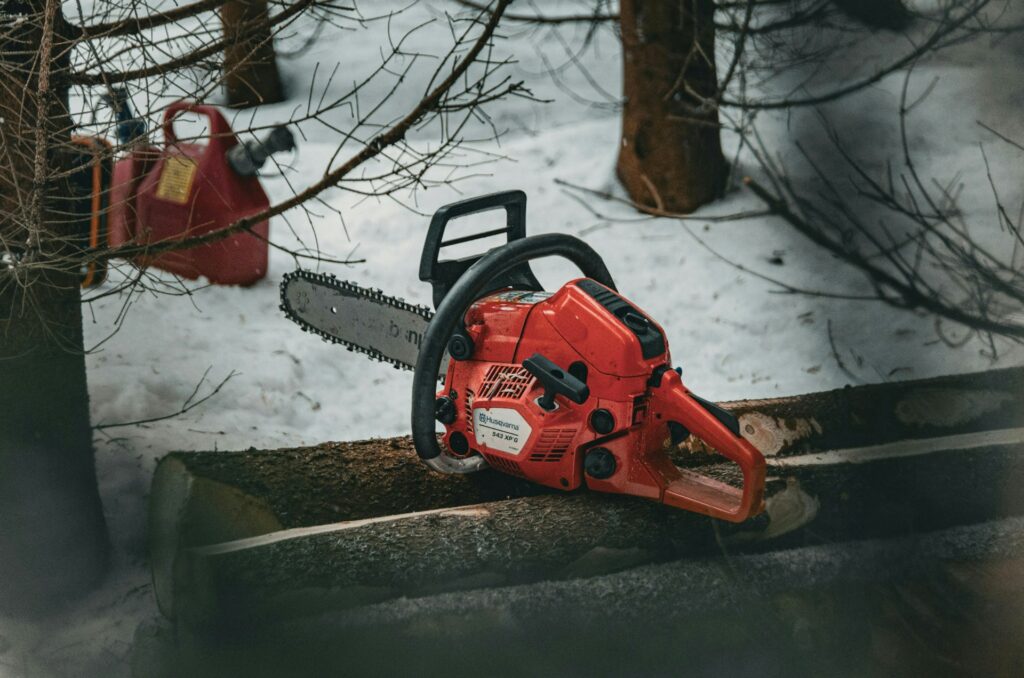Now Reading: Keep Your Culinary Secrets Fresh for Longer
-
01
Keep Your Culinary Secrets Fresh for Longer
Keep Your Culinary Secrets Fresh for Longer

Herbs and spices are the heart of any great kitchen, transforming simple ingredients into extraordinary meals. However, improper storage can quickly strip them of their flavor, aroma, and vibrant freshness.
If you’ve invested in premium-quality spices or harvested fresh herbs from your garden, learning how to preserve and store them properly ensures they bring serenity to your culinary creations for months to come.
This guide breaks down practical strategies to maintain the freshness of your herbs and spices, teaching you how to protect their quality and unlock their full potential every time you cook. Get ready to bring organization and longevity to your spice collection.
Why Freshness Is the Secret Ingredient
The power of herbs and spices lies in their potency—the essential oils and natural compounds that deliver their bold flavors and medicinal benefits. However, time, light, heat, air, and moisture are their worst enemies.
Improperly stored herbs and spices lose their vibrancy and efficacy, turning a fragrant rosemary sprig into a dull and flavorless shadow of itself.
Proper storage isn’t just about aesthetics or organization—it’s about preserving flavor integrity.
Without it, your next dish could taste bland, even if your recipe is flawless. Whether you’re a professional chef or home cook, learning how to maximize the shelf life of your seasonings is essential.
Choose Containers that Protect
When it comes to storage, the right container can safeguard the freshness of your herbs and spices. Opt for airtight containers that prevent exposure to oxygen and moisture—two prime culprits of flavor loss.
Features of the Best Storage Containers:
- Opaque Materials: Avoid transparent containers like clear plastic or glass as they allow light to degrade the contents. Go for metal or dark-tinted glass jars to block out sunlight.
- Airtight Seal: Prioritize tightly sealed lids to prevent moisture and air from sneaking in. Swing-top jars with rubber gaskets or shaker bottles with secure tops work best.
- Stackable Designs: Consider containers that help organize your pantry for easy access while saving space. The range of stackable containers from Serenity Universe offers both style and function, making them an ideal option for spice storage.
Bonus Tip:
Label your containers with names and expiration dates to avoid using stale ingredients and ensure you’re always working with fresh herbs and spices.
Understanding Optimal Storage Environments
Even the most airtight container won’t protect your spices if they’re stored in inappropriate conditions.
Avoid These Common Mistakes:
- Direct Sunlight: Sunlight accelerates degradation in herbs and spices. Always store them in a dark pantry or cupboard.
- Heat and Humidity: Don’t keep your spices near the stove or dishwasher, where heat levels fluctuate and moisture builds up.
- Refrigerators for Dry Spices: While fresh herbs thrive in cool settings, dry spices will clump due to condensation if kept in the refrigerator.
Ideal Storage Environment:
- Temperature between 60-75°F (15-24°C)
- Humidity levels below 60%
- Low light exposure to maintain visual vibrancy and aromatic freshness
Dry vs. Fresh Herbs—Different Rules Apply
Storing dried spices differs significantly from fresh herbs. Each requires a tailored approach to retain their potency.
Preserving Fresh Herbs:
Fresh herbs like basil, parsley, and cilantro require moisture for survival. Trim the stems, place them in a glass jar with water, and loosely cover them with a plastic bag before refrigerating.
For heartier herbs like rosemary or thyme, wrap them in damp paper towels and store them in the crisper drawer.
Storing Dried Spices:
For dried spices, the less exposure they have to air and moisture, the better. Keep them tightly sealed in labeled jars away from your stove or any heat source. Spices should be ground just before use for maximum potency—use a mortar and pestle or spice grinder.
Dates and Rotation—Your Best Friends
Did you know most spices have a shelf life of 6 to 24 months? While expired spices won’t harm you, they won’t enhance your dish either.
How to Track Freshness:
- Whole Spices (e.g., cinnamon sticks, whole nutmeg) last longer, up to 2-4 years, as their oils are locked within.
- Ground Spices (e.g., cumin powder, paprika) have a shorter shelf life, losing potency within 1-3 years.
- Fresh Herbs typically last between 7-14 days when stored correctly in the refrigerator.
A quick sniff test can determine spice effectiveness—if it doesn’t smell like much, it won’t taste like much either. Create a habit of rotating older spices out of your collection as you replenish them.
Use These Clever Tips to Prolong Freshness
For those seeking serenity in their kitchen organization, these actionable tips can help preserve your herbs and spices even further.
Freeze Your Fresh Herbs
Did you know you can extend the shelf life of fresh herbs by freezing them? Chop them up, place them in an ice cube tray, and cover them with olive oil or water. Freeze the tray and store the herb cubes in a zip-top bag, ready to use as needed.
Invest in a Vacuum Sealer
Vacuum sealers remove air from your containers and serve as an excellent tool for herb and spice preservation. This level of airtight sealing keeps both ground and whole spices flavorful for longer periods.
Avoid Cross-Contamination
Always use clean, dry spoons to scoop spices out of their containers. Moisture or oil from food can drastically reduce shelf life if it gets into your precious spices.
Make Freshness a Ritual
Once you’ve set up your herbs and spices for optimal storage, consider making regular inventory checks a part of your routine.
Organizing your kitchen shelves not only ensures culinary excellence but also creates a state of calm—a small slice of serenity in your daily cooking ritual.
By preserving the vibrancy of your ingredients, you’ll enjoy more flavorful meals and reduce waste, all while maintaining a tidy and efficient kitchen.


























